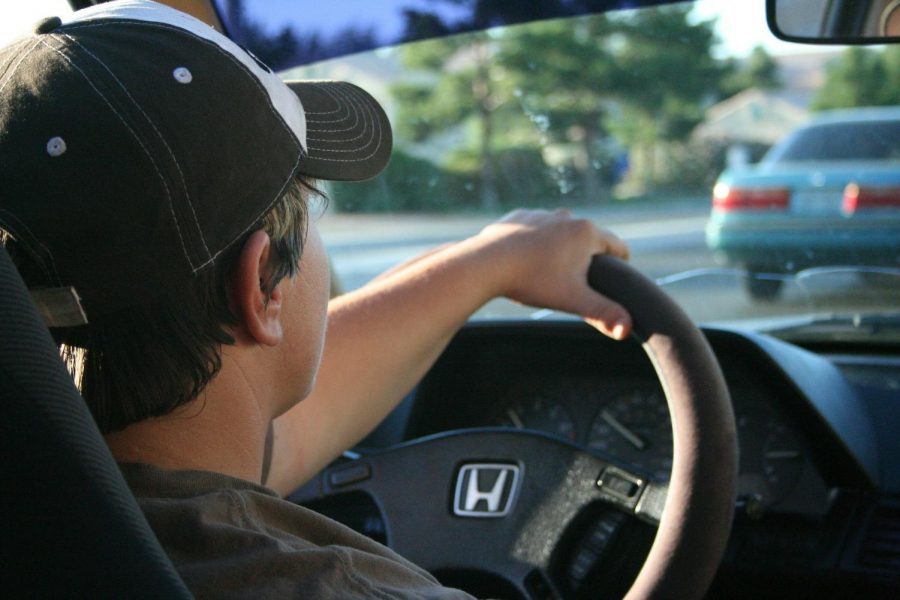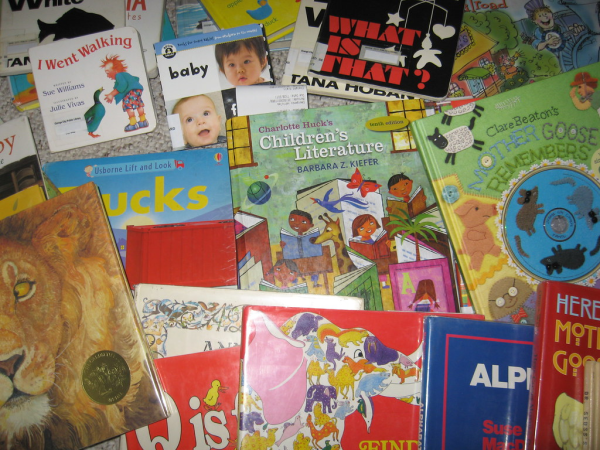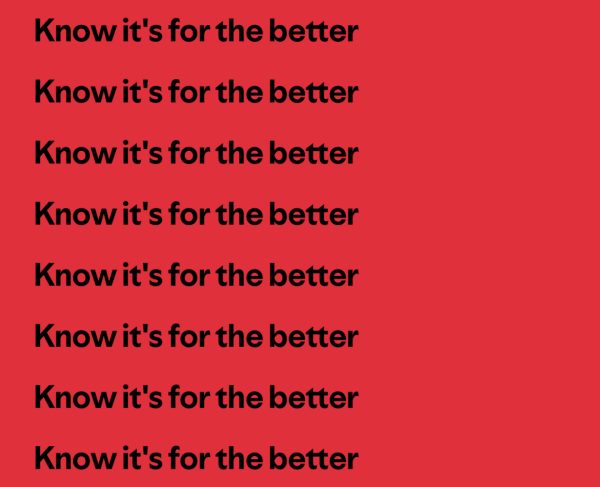Steering clear of driving
Students are waiting longer to obtain their licenses
Cars ranging from Lexus to Toyota slowly filter into the student parking lot in the mornings, sitting stationary for most of the school day before rushing out the exit after the ring of a bell. In class, students fret over their upcoming driving tests, a mild distraction from the note-taking assigned. Every day the freeways seem to receive more traffic, the road to home becoming slower and more time-consuming with each passing week.
With this context, it might be a little hard to believe fewer teenagers are applying for their driver’s license. However, according to a study by the University of Michigan Transportation Research Institute, that is the case, with a 47 percent decrease of 16 year olds with driver’s licenses from 1983, and a lesser, but still significant, 21 percent decrease in 19 year olds.
Senior Jake Goff said he agrees with the study’s conclusions. “I do not have [a driver’s license] because I am super busy and having your driver’s license can be such a hassle sometimes,” he said. “Plus, you have to deal with insurance.”
In fact, insurance costs could be an element in this decrease. Forbes stated in 2014 that family car insurance rates rose an average of 79 percent with the addition of a new teen driver, with costs becoming even more expensive if the teen decides to receive separate insurance.
“I do not plan on getting my driver’s license any time soon,” said junior Shelia Mgrtichian. “As long as my mom’s alive to drive me from place to place I think I will just mooch off of her.” Mgrtchian said that if she went to college out of town, she would probably obtain her license.
For some students, it may be a preference to wait out the provisional graduated driver’s license (GDL). Enacted in 1998 for new drivers between 16 and 18, teenagers with this license cannot drive with someone under 20 in the car, or from 11 p.m. to 5 p.m., for the first 12 months. Instead of dealing with these restrictions, drivers such as senior Zeke Stratton choose to take the tests at 18 and be granted a full-privilege license.
“The reason I got my driver’s license was so I could go to lifeguard training three hours away at the beach, and I didn’t want to ask my parents to drive me six hours a day for three weeks or something,” Stratton said. “When I was 17 I was like, yeah, I don’t really need it. When I was 16 I thought I needed one, but then I realized I didn’t.”
In California, teens can begin driver’s ed six months before their 16th birthday, in order to finish and take their driver’s test almost exactly at 16 years old.
“I actually started driver’s ed when I was 15 and a half, like immediately, and then I just never did it,” Stratton said. He later got his license in six days, getting his permit and doing four hours of the required practice every day that week until the driving portion of the test.
“It was awful, but I got my permit Saturday, and my license the next Friday.”
This apparent culture of rushing to get a driver’s license is not present in every other country. Alex Day-Blattner, chemistry and Integrated Math I teacher, grew up in Britain, where “we couldn’t get our driver’s license until the year we turned 18, usually our senior year in high school.” As a result, she did not grow up with the same culture of obtaining a driver’s license early.
“It was quite uncommon for people to get their driver’s license because it was only going to be for a short time, and cars were so expensive,” Day-Blattner said. “Nobody would say anything to you if you weren’t driving because there were a lot of us. It was cool if you could drive, but it wasn’t an expected thing.”
Her sons, however, who grew up stateside, did experience peer pressure when it came to driving. “My sons were in with a pretty affluent group of people so there were a lot of drivers there. Maybe that influenced them to want to get it [their driver’s license],” she said.
“I think it is a lot of peer pressure that can influence it, and if there isn’t peer pressure then you’ll do it because you want it or you need it.”

Interest/Hobbies: My cat
Favorite year in music : 2004
Goals in life: To one day lie in a ditch somewhere of a highway in rural Nebraska in...













